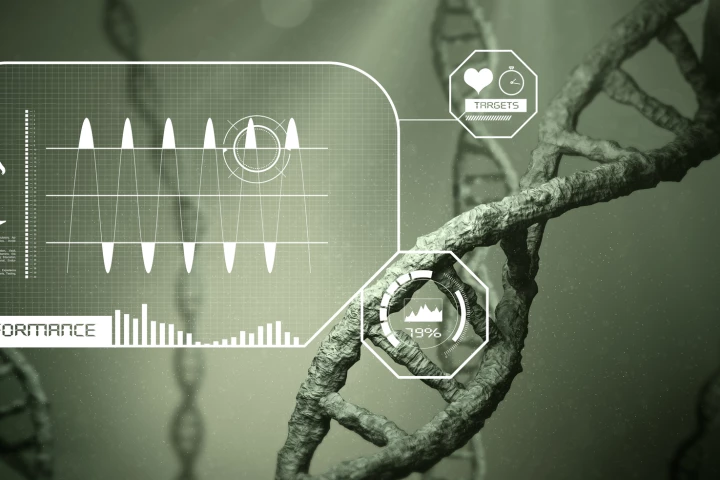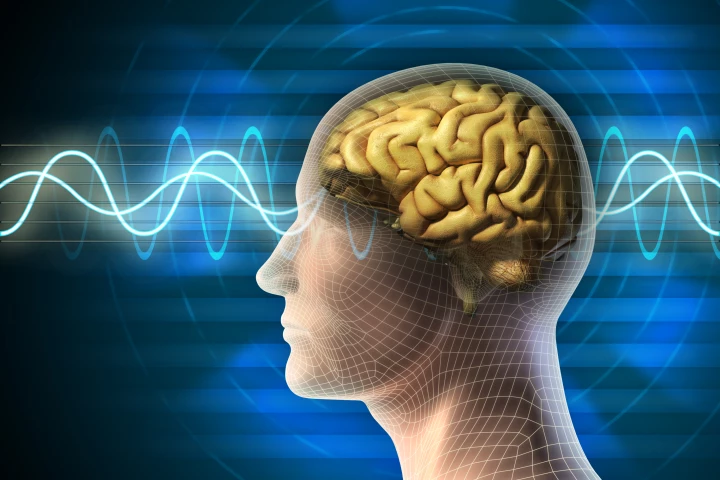Anglia Ruskin University
-
You might be more familiar with it as a versatile fibrous material or the staple food of giant pandas, but bamboo has entered the health-food realm thanks to the first review into its benefits. They include aiding blood sugar regulation and gut health.
-
Researchers have used 3D nanotechnology to successfully grow human retinal cells, opening the door to a new way of treating age-related macular degeneration, a leading cause of blindness in the developed world.
-
New research from scientist at Anglia Ruskin University suggests that more stable communities of gut bacteria can boost performance among endurance runners, and also indicates that diet may play a pivotal role.
-
Cataracts are one of the most common forms of vision impairment, and unfortunately surgery is the only real treatment. But the clouds may be parting on a new drug treatment, improving the vision of the majority of mice it was tested on.
-
Scientists have discovered bitter taste receptors in the walls of blood vessels in the lungs. The unexpected find could be an important new drug target to treat acute respiratory distress syndrome (ARDS), a dangerous complication of many diseases.
-
A study has quantified the role genes play in how our bodies respond to different kinds of exercise. The findings show genes influence outcomes prominently in muscle training and propose exercise programs could be personalized for genetic profiles.
-
A new study has identified an association between negative body image and weak brain responses to signals from the gut and heart. The researchers hypothesize the findings could lead to diagnostic tests for mental health disorders and novel treatments.
-
Although many smokers apparently don't realize it (or just don't care), cigarette butts are very much a form of litter – in fact, they're the world's most common type of litter. And they're not just an eyesore, as new research now indicates that they also dramatically reduce plant growth.
-
When women are experiencing primary dysmenorrhea (better known as period pain), usually the last thing that they feel like doing is getting up and exercising. According to a new first-of-its-kind study, however, doing so may be exactly what's needed to reduce the discomfort.
-
In recent years, we've seen a number of research groups develop waterproof adhesives inspired by the fibers that mussels use to cling to rocks. Unfortunately, though, the mussels themselves may be losing their grip on those rocks, due to marine microplastic pollution.
-
Voyager 1 has already racked up an impressive resume to which can be added songwriter. Using data from the unmanned spacecraft, Dr Domenico Vicinanza and Dr Genevieve Williams have created a musical composition to celebrate the 40th anniversary of the pathfinding mission.
-
Supreme fitness is a trait males of many species might like to show off when searching for a mate. The fiddler crab, new research shows, attracts females by waving a brightly colored claw and then drumming it on the ground, a behavior that also seems to indicate the size of its home.
Load More











